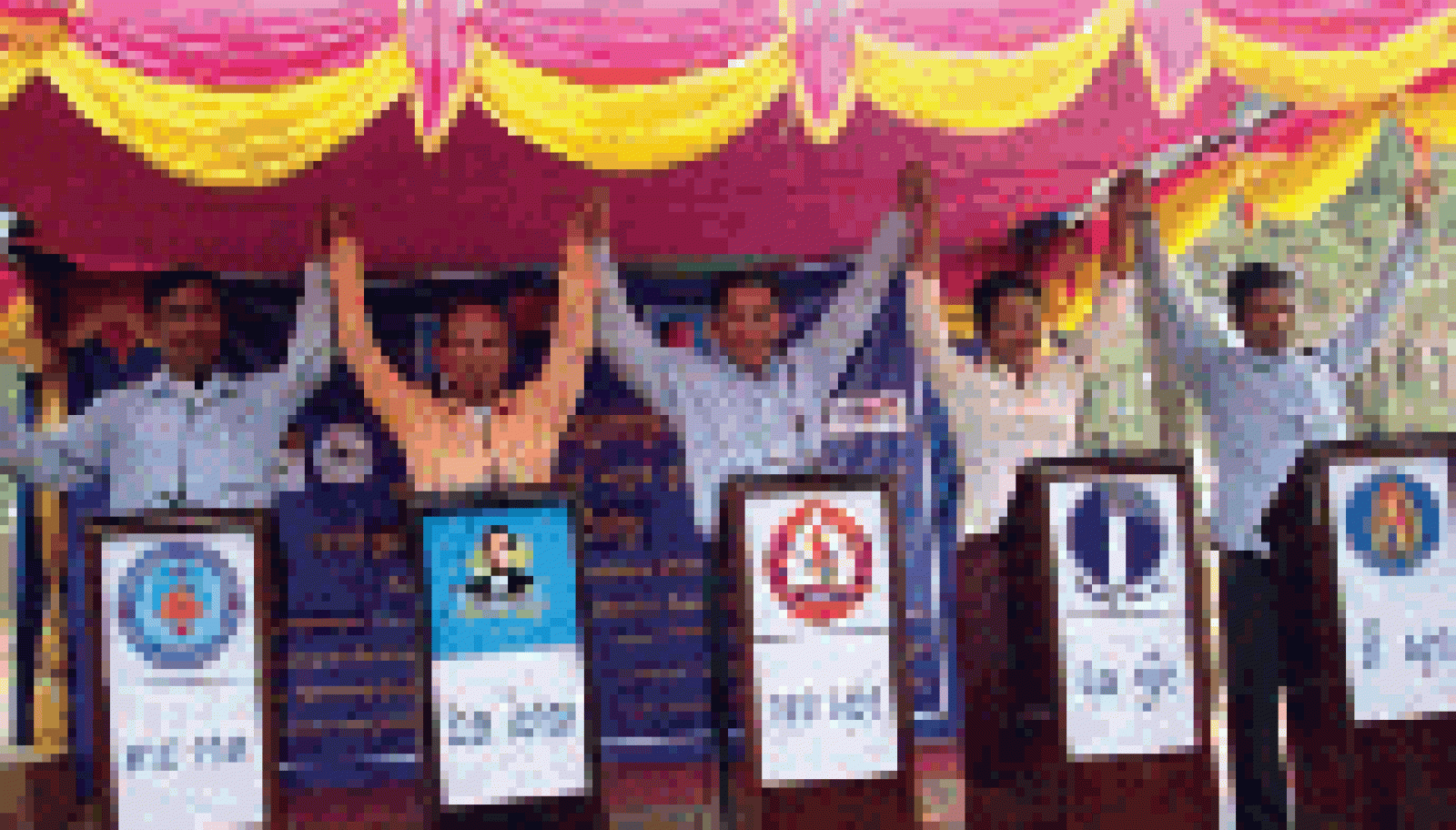
SHARE
In a diverse range of countries, candidate debates have become an increasingly effective means of promoting fair electoral competition and enhancing civic education efforts. In environments where leaders are more often chosen on the basis of personality, religion or ethnicity, such forums help voters make more informed choices at the ballot box.
NDI has provided technical and logistical support to civic groups and candidates engaged in debates in more than 25 countries around the world, often working in partnership with the Commission on Presidential Debates (CPD), a non-profit, nonpartisan organization that has sponsored and produced U.S. presidential and vice presidential debates.
Recent elections in Cambodia, Mauritania and Nigeria illustrate the importance of debates in three countries undergoing political change.
In Cambodia, where the Cambodia People’s Party (CPP) has dominated politics since the overthrow of the Khmer Rouge in 1978, opposition voices have struggled to be heard. To help voters make informed choices in advance of last April’s communal elections, community-based civic groups organized 31 debates in 10 provinces with the participation of 10 political parties. More than 18,500 citizens attended debates, while thousands more tuned in via international and national radio broadcasts. NDI provided technical and logistical support to the debate organizers and offered training in public speaking and instruction on the debate format to candidate participants.
The opposition party won approximately 25 percent of the popular vote, doubling its number of council seats and gaining representation in more than 90 percent of the councils. This represents a shift in Cambodia’s political landscape.
Mauritania’s two-round presidential election last March marked a significant step forward in a political transition process set in motion by the military overthrow of long-serving authoritarian President Maaouiya Ould Sid’Ahmed Taya in 2005. Candidates campaigned vigorously, received balanced media coverage and sought to address the full range of issues of interest to the electorate in what was the most competitive presidential election in the Arab world. NDI offered training to all 19 presidential candidates on the development and delivery of their campaign platforms, leading to a televised debate between the two presidential run-off candidates.
The debate was broadcast live on national radio and television, as well as by the pan-Arab news channel Al-Jazeera. NDI helped negotiate the agreement between the two candidates for the event, and prepared debate moderators to cover pre-selected topics of concern to voters including national reconciliation, economic reform and poverty reduction.
While marred by serious irregularities, Nigeria’s 2007 elections marked the first time in the country’s history that an elected civilian government completed two full terms in office without military intervention and handed over power to another elected leader. The Nigerian Election Debates Group (NEDG), a coalition of more than 20 civic organizations, invited 26 presidential candidates to face off in 12 debates broadcast live across the country. NDI and the CPD have provided technical advice to Nigerian debate advocates since 2002.
–
Published on Sept. 7, 2007


